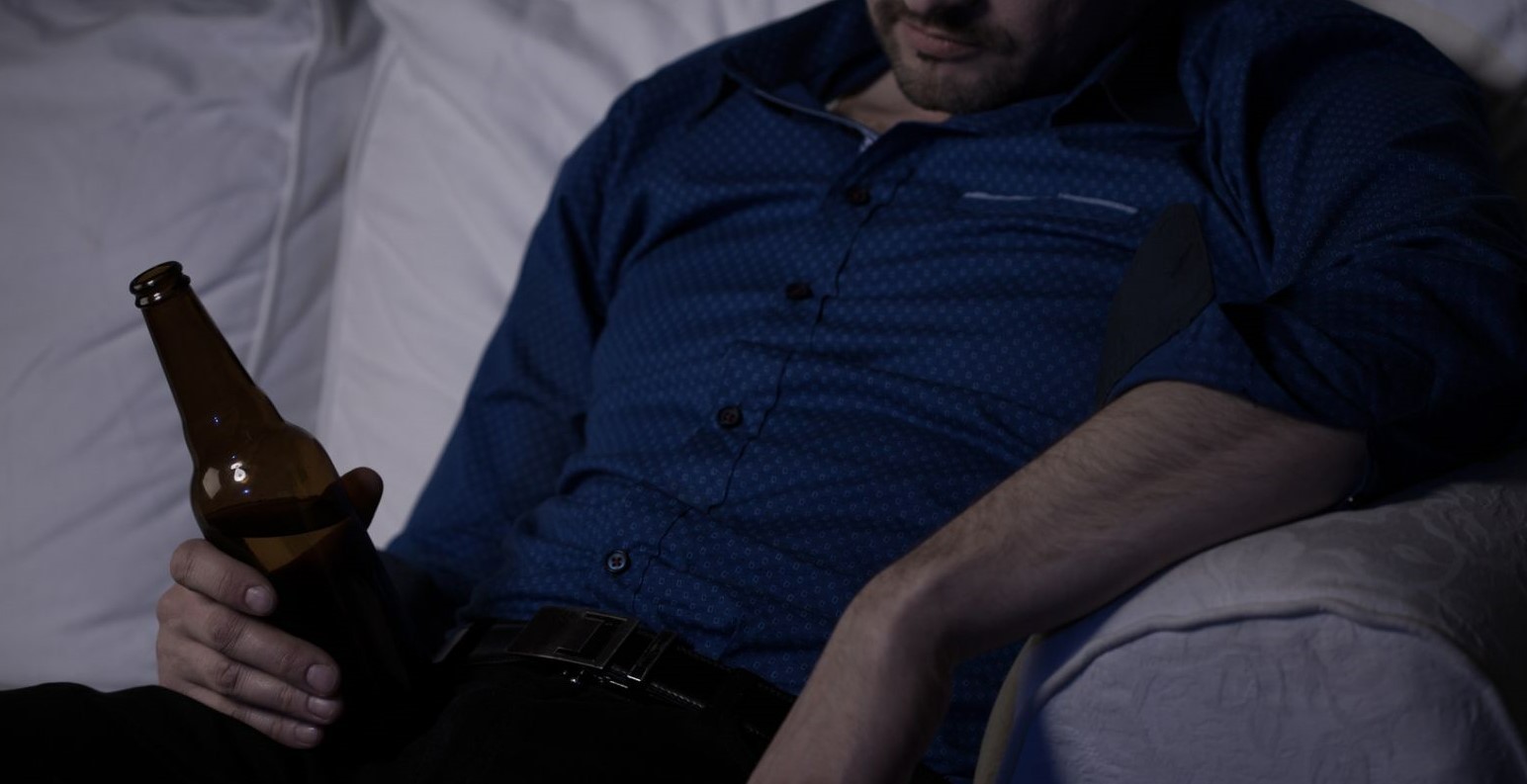I was in Wisconsin last Saturday when I decided to run into Walmart for a couple items. As I passed the wine and beer aisle I saw a man lifting three cases of beer into his cart. Right next to him stood whom I presumed to be his wife who had an expression on her face that has not since left me. She had a look of despair that spoke volumes.
When loved-ones of an alcoholic come in to see me, they often describe their feelings when they hear the opening of a beer can or the jingle of ice cubes in a glass. It evokes the type of despair this woman at Walmart expressed. Their feelings of dread over what is about to transpire within the next few hours as their loved one gets drunk. They express a disgust at the behavior while loving the individual. They grow to hate alcohol because of what it does to the person they love.

I suspect the woman at Walmart felt trapped because that is a common feeling amongst loved ones of alcoholics. They can’t make their loved ones stop. They’ve tried that—several times. They have tried every punishment and every incentive possible. Nothing has worked. And that is because punishment doesn’t work. Just ask all the men and women who go to prison for drunk driving charges. Many get out and get drunk right away.
What does help? We know that no one can change another person. However, we don’t have to choose to be around people whose drinking negatively affects us. If the alcoholic is allowed to have their loved-ones in their life– and drink, then they have little incentive to change. No one needs to endure the hopelessness, the disgust at drunkenness and the wreckage that alcoholism causes. We each have a right to separate ourselves—to protect ourselves—until the person is willing to deal with their drinking.
When the loved ones take action it often incentivizes the addicted person to do something about their issue. Not always though. It’s never a sure thing. In one family the wife asked the husband to leave until he decided to quit drinking. Within six weeks he was enrolled in a program and now has over a year of sobriety. That doesn’t always happen though and sometimes the alcoholic will choose to continue drinking. Again, you can’t make someone quit drinking but you don’t have to allow someone’s drinking to hurt you. You don’t have to be subjected to those horrible feelings every time your loved one chooses to drink. Staying and enduring the disgust, the anger, and the resentments isn’t helping anyone get well.




